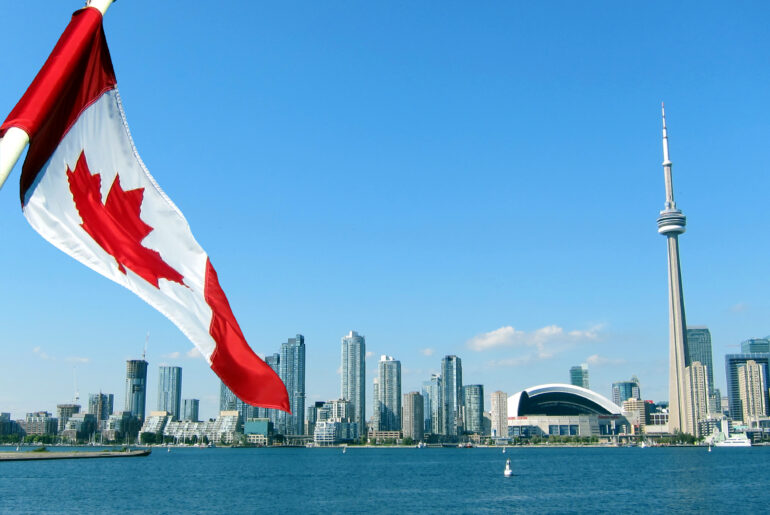In order to avoid civil and criminal penalties, any commercial company producing consumer goods or related products, like automotive vehicles, knows it will need to fashion its business around meeting certain product safety standards. For example, for consumer products, companies must ensure that their products comply with several related statutes and regulations, including the Consumer Product Safety Act, 15 U.S.C. § 2051 et seq., the Consumer Product Safety Improvement Act, Pub. L. No. 110-314, 122 Stat. 3016, and the Federal Hazardous Substances Act, 15 U.S.C. § 1261 et seq., as implemented by the U.S. Consumer Product Safety Commission. Likewise, for automotive vehicles, companies must comply with the Motor Vehicle Safety Act (“MVSA”), 49 U.S.C. § 30101 et seq. and the regulations set forth by the National Highway Traffic Safety Administration. Importantly, both sets of laws include a mechanism by which products can and should be recalled if found to be defective and unsafe subsequent to being sold to consumers. Moreover, such recall efforts typically take the form of a multimedia campaign, including but not limited to mass publications, individual mailings, and targeted telephone calls, in part because such efforts allow companies to provide notice of safety issues to the greatest subset of customers in the most efficient, quick, and cost-effective way possible.
Traditionally, though, a company’s telemarketing campaigns have not been limited to the recall context. Rather, because of the efficiency with which existing and potential new customers can be reached, many companies have more broadly engaged in customer sales programs via telephone operators and other forms of media communication. That said, such sales tactics can open up big companies to continuing obligations under the Telephone Consumer Protection Act (“TCPA”), 47 U.S.C. § 227, as implemented by the Federal Communications Commission (“FCC”), and the Do-Not-Call registry, as administered by the Federal Trade Commission. The TCPA, which was first enacted in 1991 and more recently amended in 2012, requires companies, who call or text consumer cell phones using an automated telephone dialing system or an artificial or prerecorded voice, to first obtain “prior express written consent” from consumers (a standard that has been strictly construed by the FCC). As a result, TCPA-related class action suits have become a growing concern for big businesses who have traditionally employed telecommunications strategies to assist with their sales programs. In 2016 alone, consumers filed over 4,000 TCPA-related complaints, and it is anticipated that that number will continue to increase in the coming years.
It should be noted, though, that the TCPA does, in fact, include an “emergency” exception to these obligations where the call was “made necessary in any situation affecting the health and safety of consumers,” and this would arguably extend to the product recall context. See 47 U.S.C. § 227(b)(1)(A)–(B); 47 C.F.R. § 64.1200(f)(4) (emphasis added). However, neither the TCPA nor any guidance released by the FCC to date has specifically addressed the impact of this emergency exception where a company, as part of a product recall campaign, mistakenly contacts an individual that is not connected to the recalled product in any way, even after learning that the individual is not within the scope of the recall. As the argument goes, in such a scenario, subsequent calls to said individual would no longer be considered necessary to the health and safety of consumers and would, thus, be subject to the TCPA’s prior written express consent requirement. There is an inherent tension in such a result, however, since commercial companies engaging in such recall efforts are merely attempting to protect the public safety through these widespread and systematic calling programs. Moreover, where the risk of a wrong call could open up companies, seeking to comply with their consumer product safety obligations, to TCPA-related litigation suits and liability, this may have the unintended effect of disincentivizing broad and expedient product recall efforts.
A recent case out of the U.S. District Court of the Northern District of Illinois has highlighted the competing obligations that companies face under these consumer product safety and telecommunications frameworks. See Ibrahim v. Stericycle, Inc., No. 1:16-cv-04294 (N.D. Ill. Apr. 13, 2016). In that case, American Honda Motor Co., Inc. hired defendant Stericycle, Inc. to assist it in contacting owners of vehicles containing Takata airbag inflators as part of a systematic recall program that defendant Stericycle termed “the largest automotive recall in U.S. history.” Def.’s Memo. in supp. Mot. Summ. J. 1, ECF No. 37. According to its briefing, the airbag inflators when deployed were known to rupture and shoot metal fragments into drivers’ and passengers’ necks and faces, and at least eleven people had already been killed in the United States as a result of these defects. The purpose of the recall efforts was to persuade owners of cars containing the life-threatening defect to bring their cars to Honda dealers for a free inflator replacement.
Plaintiff Ibrahim brought suit against Stericycle on the basis that he had received multiple automated calls using a prerecorded or artificial voice informing him about the recall of a Honda vehicle that he did not actually own and that such calls continued even after the plaintiff had told a Stericycle agent that they had the wrong number. Stericycle, in turn, has moved for summary judgment in this case, arguing that all of the calls made to the plaintiff fell squarely within the emergency exception of the TCPA because the sole question at issue was whether the purpose of the calls was in the nature of an emergency, not whether the calls actually alleviated the emergency condition (by contacting the correct person). As Stericycle asserted:
Lives depend on reaching car owners as quickly as possible. That urgency may make “wrong number” calls more likely, but that makes it even more imperative that outreach efforts enjoy the protection of the emergency exception. Any other rule would risk making manufacturers engaged in urgent recall efforts hesitant to make phone calls until they could confirm the accuracy of their information, slowing the efforts and potentially costing lives.
Def.’s Memo. in supp. Mot. Summ. J. 10, ECF No. 37.
Although the court has yet to decide this issue, this case underscores the inherent tensions in a company’s statutory and regulatory obligations. Should the court deny Stericycle’s motion for summary judgment, this decision could signal an era of heightened telemarketing obligations on commercial companies in executing their recall campaigns, and in so doing, any company seeking to manage their risks under the TCPA, while still complying with their consumer product safety requirements, would have to engage in the added expense and use of resources to ensure that the contact information on file for their customers is accurate and up-to-date.


